Suffering from belly bloat? Here’s what might be causing your discomfort, and six natural ways to get rid of bloating.
There are few things more uncomfortable than the dull, lingering pain of a bloated belly. Not to mention the loss of appetite that comes along with it!
Whether you experience bloating once in a while or nearly every day, it helps to know exactly what’s causing it and what you can do about it.
Do you struggle with bloating, gas, constipation, or other digestive issues? We’ve created a FREE guide to healing your gut naturally.
Click here to get your FREE copy of our Digestion Guide!
Bloating: What It Is and Why It Happens
Bloating, or abdominal distention, is the feeling and look of fullness in your abdomen due to either excess gas, inflammation, or gut disorders. The outward protrusion of the belly can be an extreme source of self-consciousness, and the bloating can be so extreme that it causes discomfort or even pain.
While you might think the cause of your bloat is simply due to eating too many sweets or treats (and it very well could be!) there could be other underlying conditions that are more serious.
If you’re experiencing bloating regularly or even semi-regularly, keep reading to discover what may be causing it and what you can do about it.
Causes of Bloating
1. Food Allergies or Sensitivities

People with food allergies may experience bloating when exposed to certain foods, like gluten or dairy. However, there is also a milder form of food allergies referred to as food sensitivities, which can cause digestive problems and bloat, without the more serious reactions like trouble breathing or hives.
There are also FODMAP and shellfish allergies to consider. FODMAP foods are foods that are poorly digested in the small intestine and can cause bloating and irritation in some people. Studies show that FODMAP foods – like garlic, onions, beets, apricots, plums, cherries, beans, and others – can cause inflammation and worsen symptoms of irritable bowel syndrome (IBS) while going on a low-FODMAP diet significantly reduces bloating and discomfort. (1)
2. Stress

Interestingly, the state of your mental health and stress levels can have an impact on bloating and gut health in general. Bloating and stomach disorders like irritable bowel syndrome are linked to mental health issues like anxiety and depression via the brain-gut connection. In fact, one study discovered that people who have survived extreme stressors frequently suffer from bloating. (2)
3. Bad Bacteria (SIBO)
Sometimes bloating can be due to a bad bacterial overgrowth in your gut. This can occur from excess stress, after taking a round of probiotics (which also kills all of your “good” gut bacteria), a bad diet, or other conditions like leaky gut.
SIBO (small intestinal bacterial overgrowth), in particular, can cause bloat due to bad bacteria taking over the small intestine and producing excess gas. (3)
4. Digestive Problems
Sometimes when our digestion is weak, or if we don’t have enough enzymes or stomach acid to break down proteins, carbohydrates, or fats, these foods can begin to ferment. This produces excess gas, resulting in belly bloat.
In addition, disorders like IBS, carbohydrate malabsorption, and slow gastric emptying (or sluggish digestion) can also cause bloating. In fact, studies show that when it comes to inflammatory gut disorders like IBS, bloating was the most common symptom, with 60 percent of patients stating it was the most bothersome part of IBS. (4)
5. Hormonal Changes

Sometimes bloating can occur due to hormonal changes in the body. As women have probably experienced, bloating typically occurs right before the start of your period. Researchers believe there is a hormonal element to bloating, although they still aren’t certain what it is, due to the fact that women experience bloating more frequently than men. (5)
6. Constipation
Sometimes bloating can occur simply because you haven’t, ahem, used the bathroom in a while. Not only can waste build up in your intestines and cause a distended appearance, but it can also irritate your gut and potentially cause inflammation if it sits too long, causing even more bloat. (6)
6 Ways to Naturally Reduce Bloat
There are several easy ways to help calm and soothe your belly to reduce uncomfortable bloating. Simply avoiding foods that may be triggering gut problems, while adding goodies that can reduce inflammation and gas, can bring you quick relief.
1. Avoid Irritating Foods
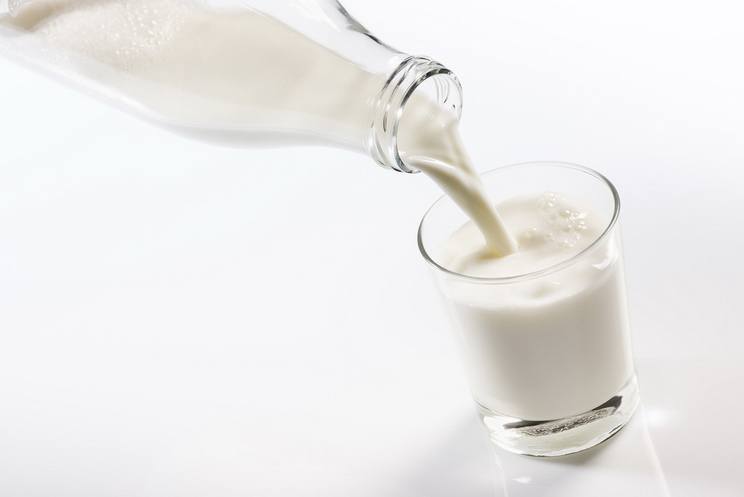
First and foremost, identify and avoid foods that you may be triggering allergic reactions, such as gluten, wheat or dairy. Even if you don’t have allergies, foods like bread, sweets, milk, and cheese can cause inflammation, leading to intestinal damage and leaky gut. (7) You’ll also want to avoid pre-packaged and processed foods, as these can be high in carbs, sugars, chemicals, and other substances that can irritate your gut and feed bad bacteria. (8)
In addition, you may want to experiment with a low-FODMAP diet, as these can cause severe bloating and irritation in sensitive people. You can find a list of FODMAP foods to avoid here.
Finally, be sure to eat fresh meals loaded with organic fruits and veggies whenever possible.
2. Add Probiotics
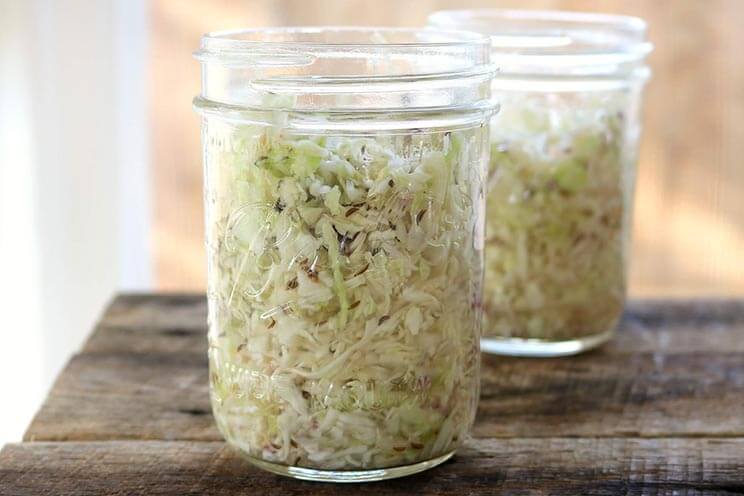
Add more fermented foods to your diet such as sauerkraut, kimchi, and non-dairy yogurts to get a burst of good bacteria. This can help rebalance your gut bacteria and reduce the amount of gas being produced by bad bacteria.
You may want to consider also trying a probiotic supplement to help move digestion along. Studies show supplementing with probiotics can reduce gas and bloating significantly, even in patients with digestive disorders. (9)
3. Try Enzymes
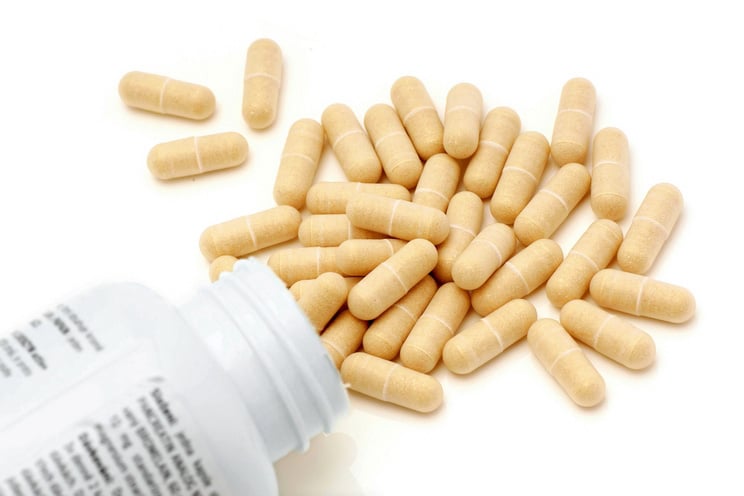
Digestive enzymes can help break down proteins, fats, and carbohydrates so they don’t end up fermenting in your gut. When this happens, the excess gas results in bloating. (10)
The good news is that digestive enzymes can provide almost immediate relief. Take them with a meal, ideally at the start, to aid with digestion. You can find these supplements in your local health food store or online.
4. Drink More Water

Sometimes a simple solution to bloat is to drink more water to help flush out your system. This is especially true if you’re constipated or had a late night drinking alcohol or eating excessively salty foods. Water can help move along stuck stool while also reducing water retention and a “puffy” appearance. (11)
5. Try Peppermint Oil
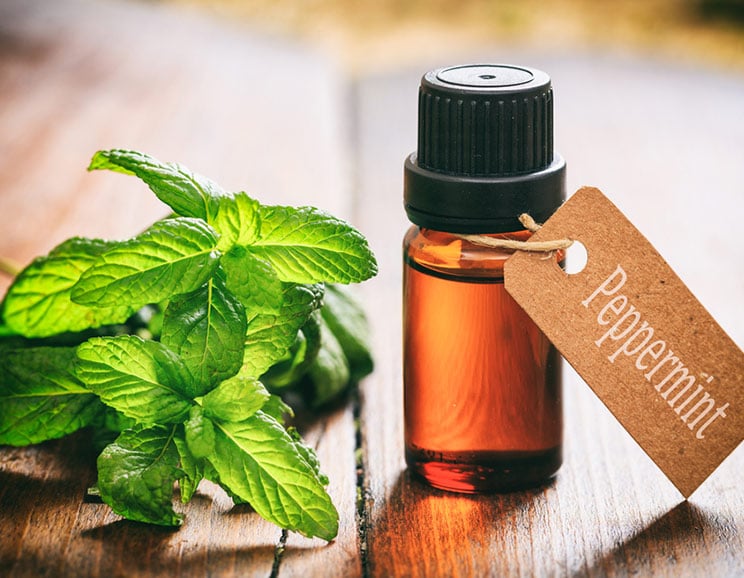
Peppermint essential oil has been shown to significantly reduce bloating and other digestive issues in IBS patients (12). Mix a drop or two of peppermint oil with a carrier oil, and rub it over the abdomen to help treat gas and bloating.
6. Exercise
Mild exercise (even walking for 20-30 minutes a day) has been shown to reduce symptoms of IBS, including gas and bloating. (13) Aim to move a bit more each day, perhaps adding in a morning run or walk, or a 30 to 60-minute yoga session.
It goes without saying that bloating can be extremely uncomfortable. Luckily, it’s a relatively manageable condition once you discover the root cause. Try out a few of these tips so you can lessen the stress on your belly, and perhaps even heal underlying conditions.
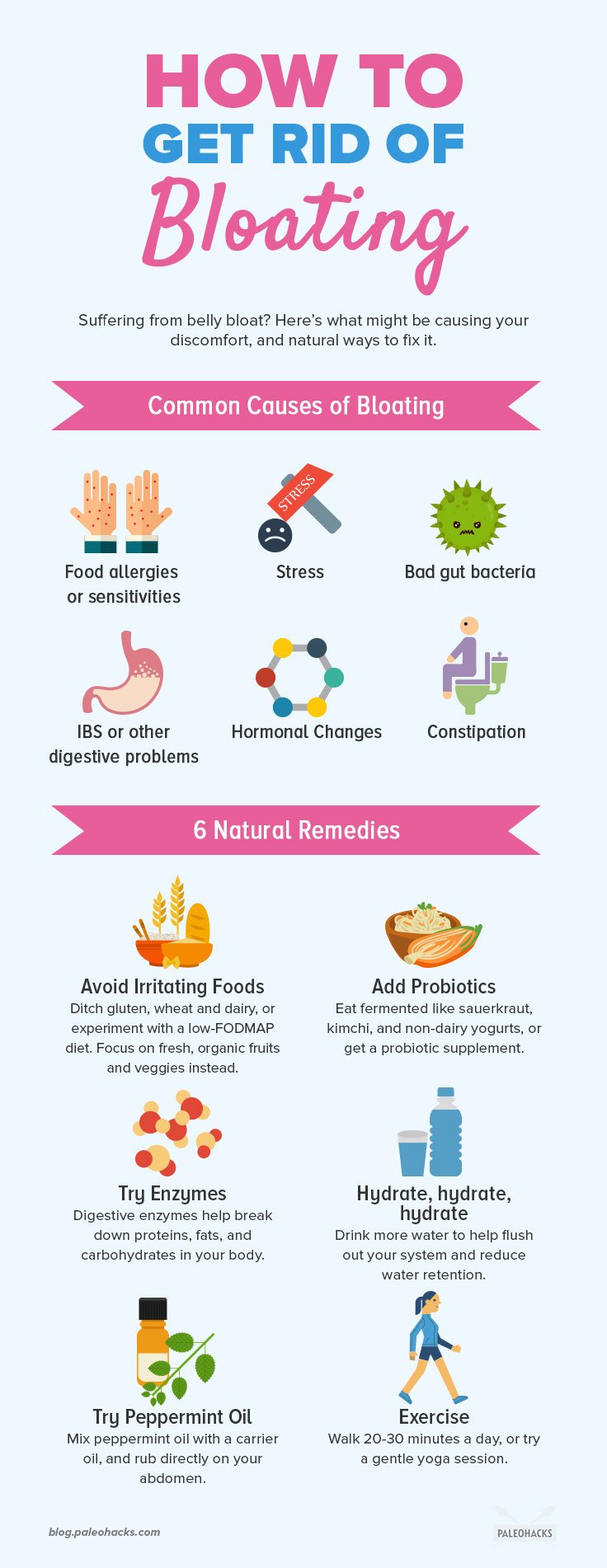
(Read This Next: 20 Reasons You’re Bloated And How to Get a Flat Belly)


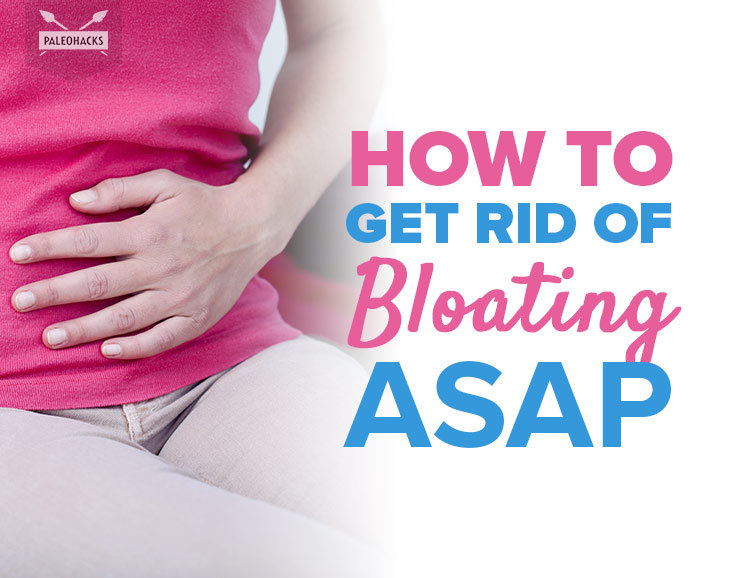
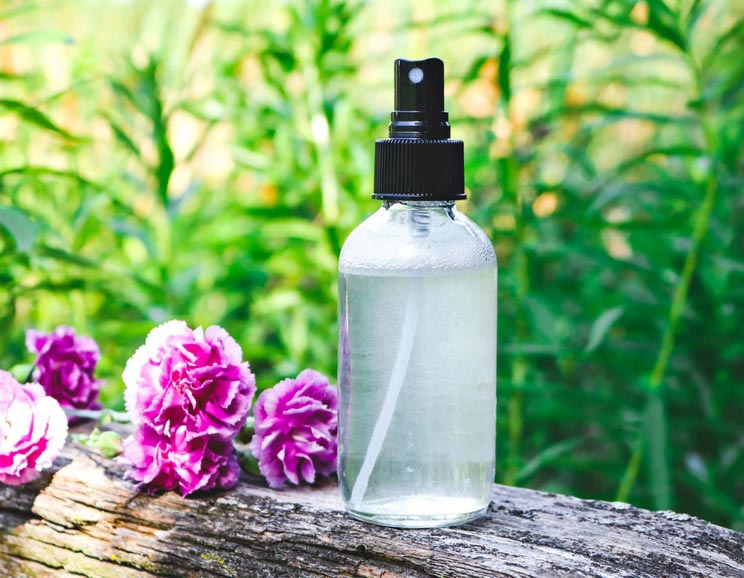 Homemade Bug Spray with Powerful Essential Oils
Homemade Bug Spray with Powerful Essential Oils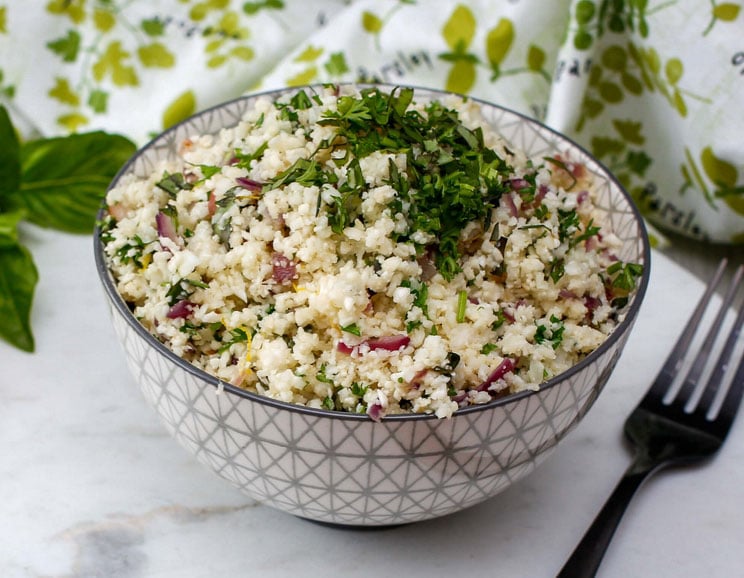
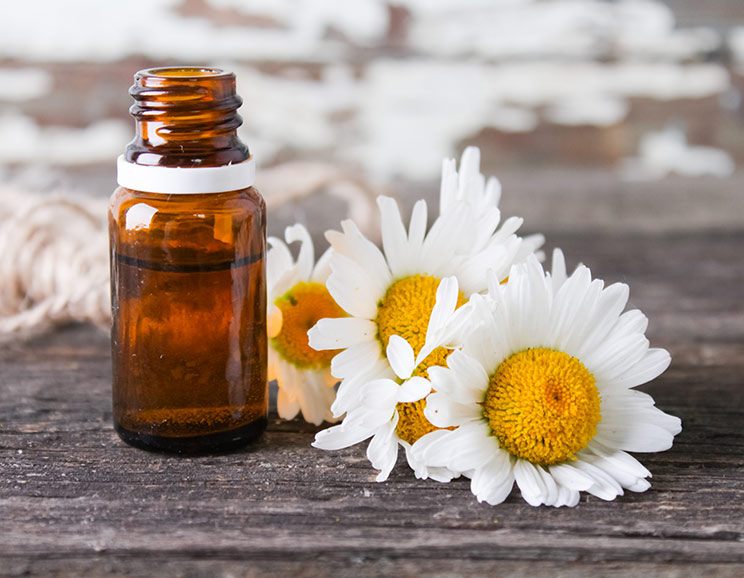
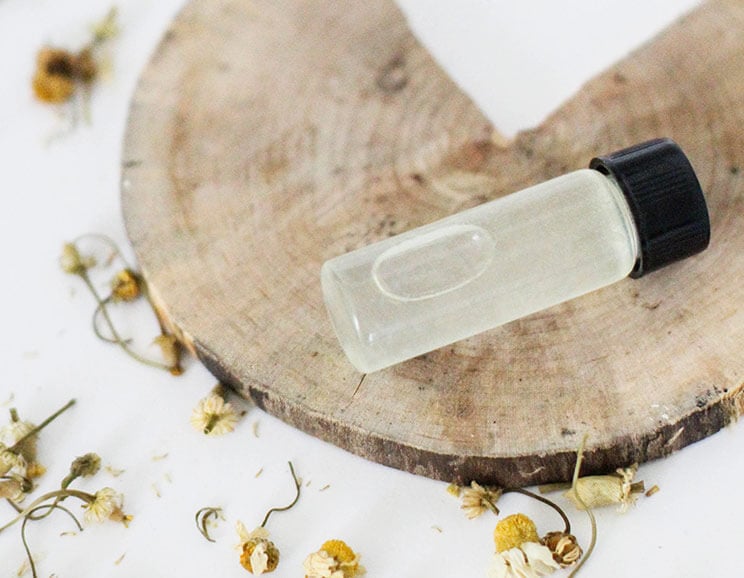
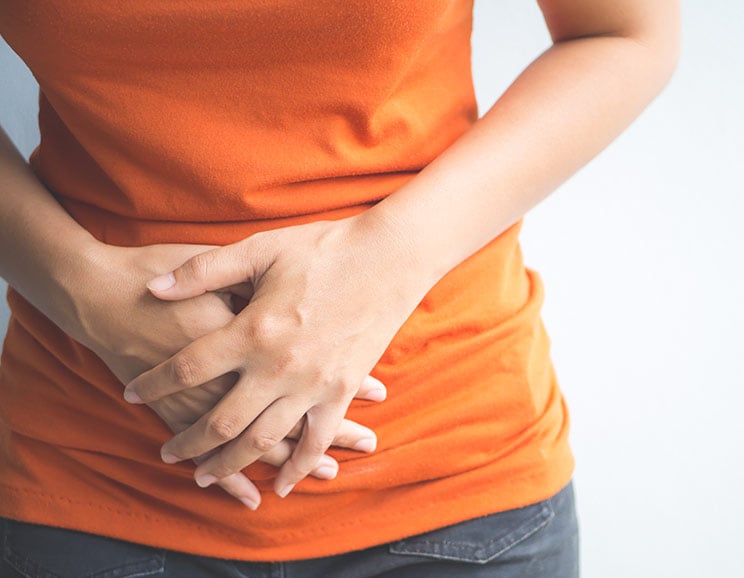
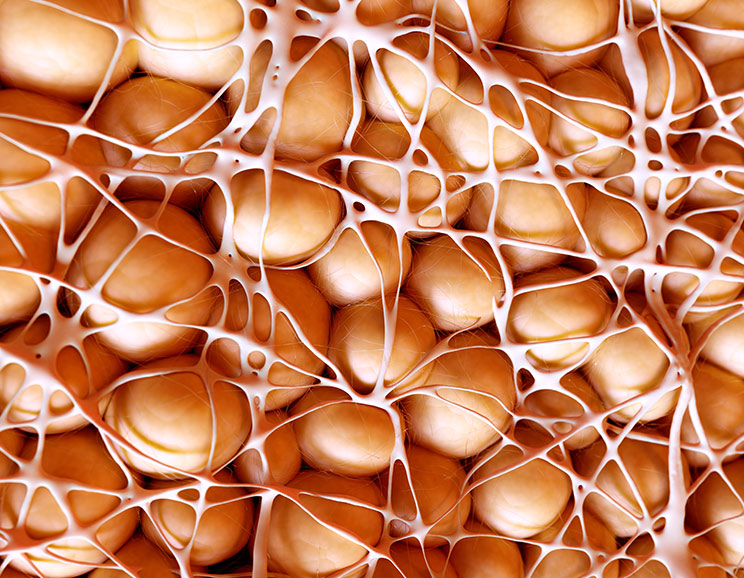


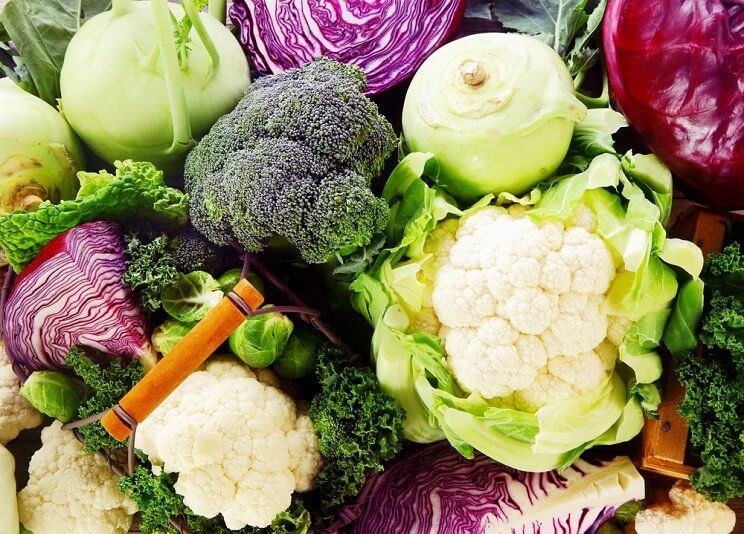

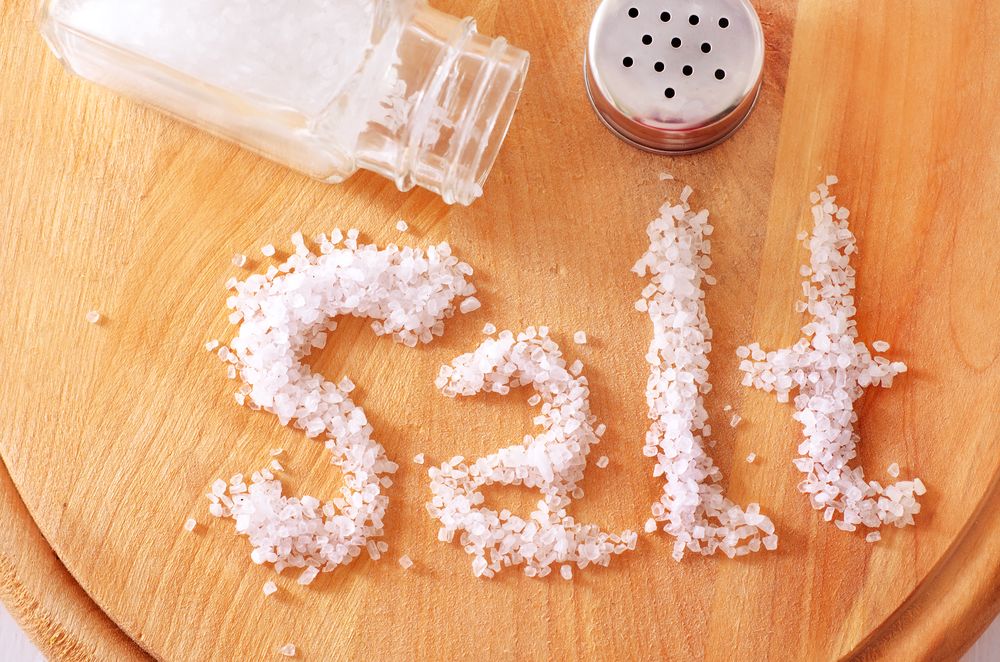
Show Comments